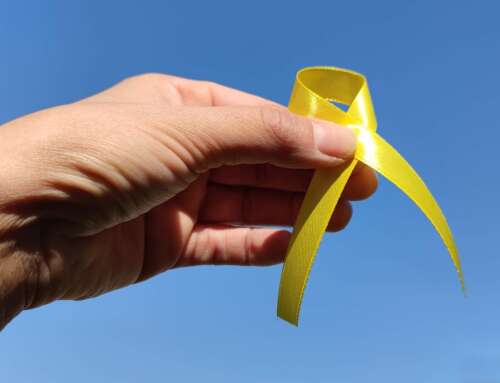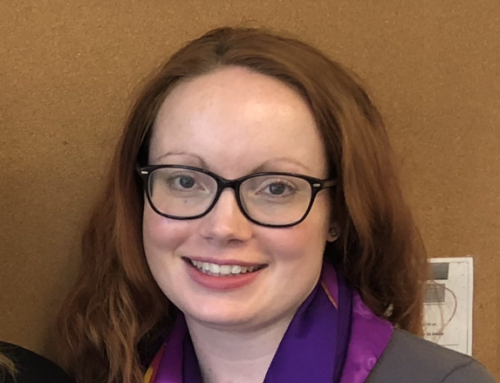An Australian suicide study has shown a worrying failure in communication between family members and health professionals.
Professor Brian Draper, lead researcher from UNSW, said the study identified a gap in the medical guideline about health professionals sharing information with relatives.
The research team examined 74 suicide cases in New South Wales and Queensland, and found poor communication in a quarter of the cases meant that warning signs went unheeded.
Professor Draper said their findings found that families in particular, as well as health professionals, were often aware of changes in the behaviour of an at-risk family member.
Professor Draper said while families were often aware of these warning signs, a lot of the time they failed to pass the information on to a health professional.
Other times, he said, family members assumed that the health professional was aware of the changes, when in fact they were not.
Another reason for a family member to not communicate their concerns was in order to avoid upsetting the person.
“So we were seeing a lack of communication occurring between families and health professionals, and back the other way,” he said.
“By realising that when we are treating people who are reaching some kind of crisis, that if we try and incorporate family and friends in the process we have a better chance of helping the person,” he said.
Ethics of breaking confidentiality if the risk is high
Professor Draper said he did find a general reference in some guidelines stating that if the situation was felt warranted then health professionals could consider speaking to a family member.
“Even to do that if the person they’re looking after doesn’t want them to — [if the health professional] thinks the risk is so high,” he said.
“I’m not so clear though that guidelines to help families and the general public to communicate their concerns to others is as clear.
Read More: Suicide study finds communication between health professionals and relatives ‘could help save lives’







Leave A Comment